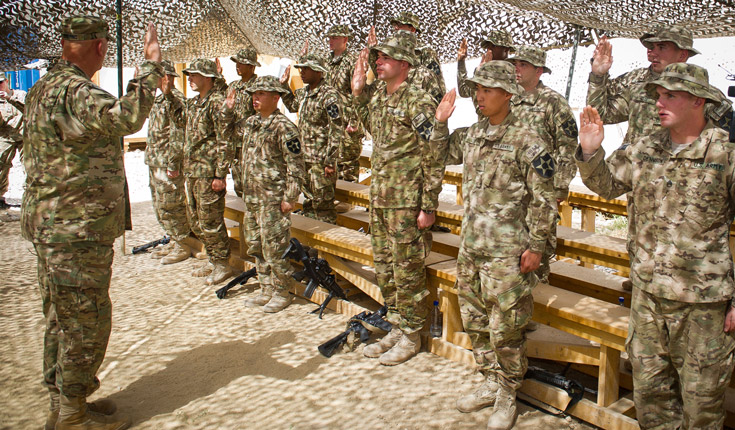An MBA has Massive Flexibility


You never know how powerful the shared bond of service will be until you start reaching out to other veterans.
Name: Ben Faw, US Army
Education: Harvard Business School
How was your transition back into the school environment?
I thought the transition was bumpy at first, and then became very smooth. My transition was a little different than the normal veteran in school; I had already completed over a year of work in the private sector. Despite this advantage, balancing academics, new friendships, and the host of other time commitments involved with school was challenging the first couple of weeks.
How did you leverage your military experience in the job / internship search?
I connected with veterans in every way imaginable, friends from prior units, school, or training at first, and when those sources were exhausted I expanded my focus. I talked with veteran alumni of my own MBA program, as well as veterans from other MBA programs as well. You never know powerful the far shared bond of service will be until you start reaching out to other veterans.
What other career paths did you consider for your post-military career?
I had a really exciting position with Tesla Motors working in operations / supply chain and I pondered where that might lead versus pursuing a full-time MBA. In my own case, after consulting with several amazing mentors, I choose to go with the full time MBA program.
How did your military experience help you stand out as a business school applicant?
Leading teams, motivating people, and innovating were three key threads I could talk about with a wealth of first-hand experience. Very few of my peers had the same amount of time in places that allowed the development of these sorts of skills.
What drove your decision to get an MBA over other graduate degree options? Can you talk about the ROI of business school? What does that mean to you?
I wanted a degree with massive flexibility given the rapidly changing economy and world of today, and I decided the MBA was the best place to gain that flexibility as a veteran. I viewed the ROI, and still view it today, as something clear as far as increased earnings over a lifetime (which in most cases more than balance out with the costs of the MBA), and also as a very powerful form of unemployment insurance if the economy took a nosedive in the future. More important I hoped to build lifelong friendships with people who I would have a low chance of meeting without attending school, I hoped (and was correct) that these friendships would be worth far more than money to me.
